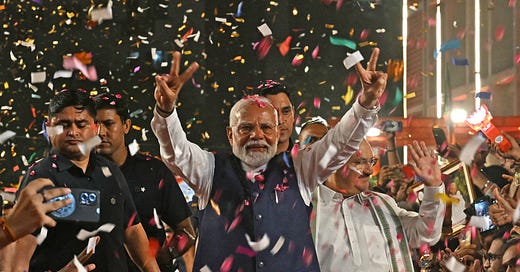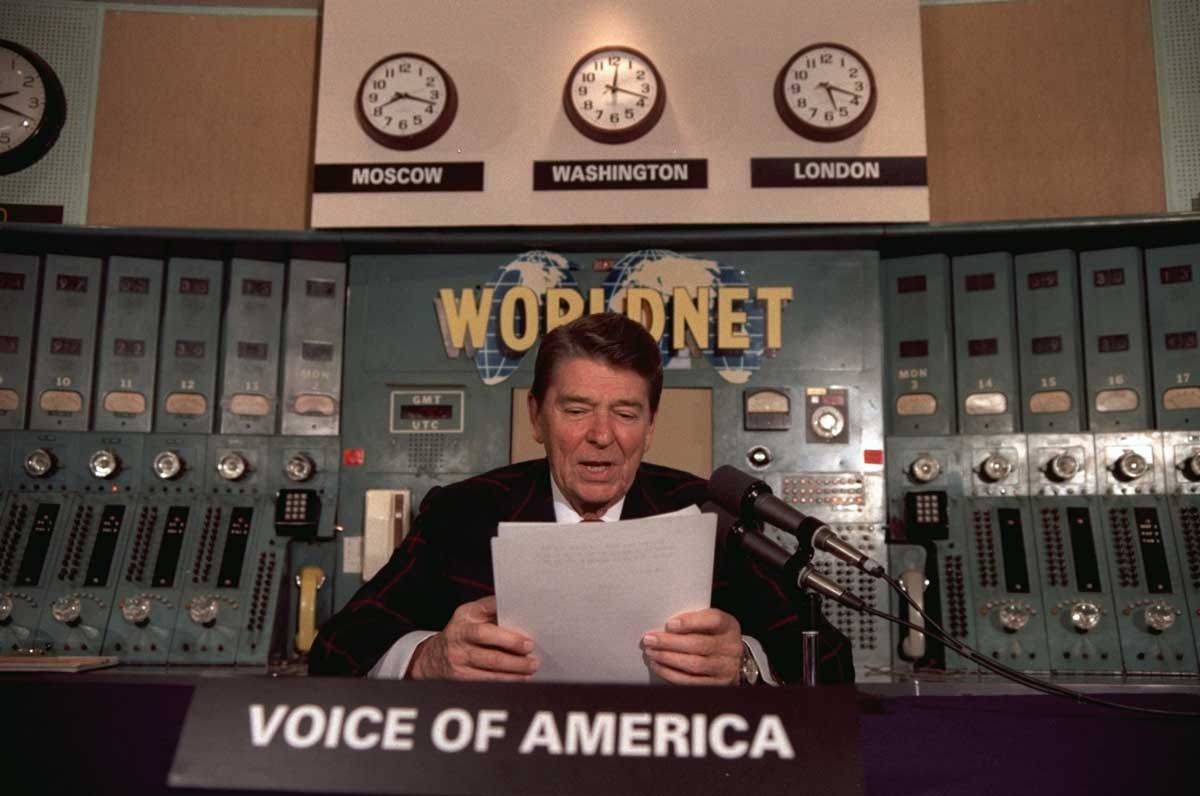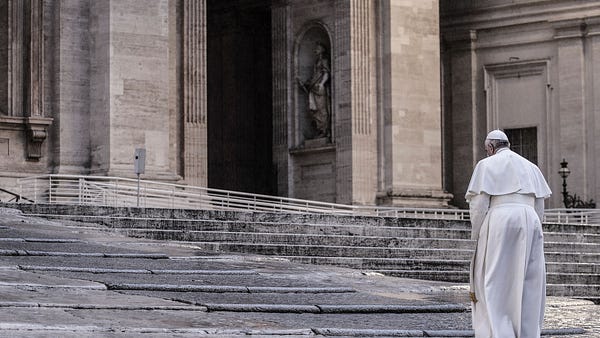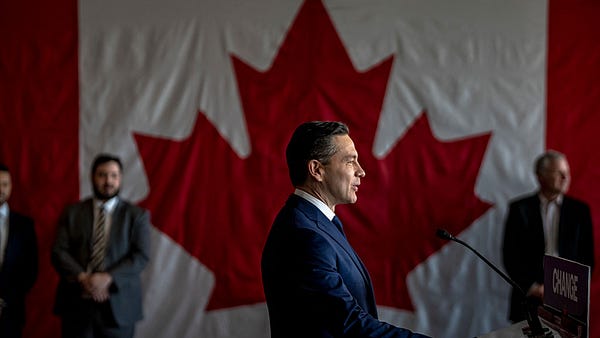
The result of India’s election has shocked the world. The prime minister of ten years, Narendra Modi, came back to power—but only by the skin of his teeth, after his party, the Bharatiya Janata Party (BJP), lost its majority.
Less than a week ago, India’s pollsters and the global press were predicting a BJP “landslide.” But despite winning 303 seats in 2019, Modi’s party only managed 240 this time. In India, a party needs 272 seats to form a government—failing that, they must form a coalition. The BJP has managed a coalition, but the whole affair has been a blow to Modi. One commentator said he has lost his “aura of invincibility”—especially because the opposition party fell short of the BJP by only eight seats.
How did Modi blow it?
His campaign was triumphalist, focusing on his claim that India will soon become the world’s third largest economy because it has the highest GDP growth rate of any major economy in the world. But this message didn’t resonate with the country’s working and lower-middle classes, who aren’t seeing the benefits of the boom. Unemployment levels are high, as is inflation.
About midway through the long campaign, Modi pivoted, making incendiary speeches targeting India’s Muslim minority, hoping to fire up those who support his Hindu nationalism. The plan backfired. In India’s largest state, Uttar Pradesh, the BJP lost most of their seats to secular parties that draw support from Muslims and lower-caste Hindus. Here, Modi saw the victory margin in his own parliamentary seat, Varanasi, shrink from half a million votes to about 150,000.
The BJP also lost its seat where a controversial temple stands in the city of Ayodhya. The temple was built, over the last four years, on the site of an ancient mosque. A few months ago, Modi personally inaugurated the temple, with great fanfare, in a move that came to symbolize his efforts to marginalize India’s Muslim minority.
Indian voters are fed up with Modi’s religious polarization. What they want is a stronger economy—and relief from unemployment and inflation but also debt, hunger, and inequality. But with all the political volatility, Indian stocks have dropped sharply this week. Now, it’s unclear if the BJP has a plan to get themselves—and the country—out of this mess.
Rupa Subramanya is a reporter for The Free Press. Read her piece “She Was 29. And Doctors Helped Her Die.” Follow her on X @rupasubramanya.
To support The Free Press, become a subscriber today:














Ah, the blind people trying to figure out the nature and shape of the Indian elephant, and the belief that Rupa Subramanya has about the Indian economy and how Modi paid for not paying attention to it, similarly, is based on "blind speculation". There are issues about candidate selection in some regions/states, there is regionalism, there are those who did not like Modi's outreach to Muslims and his ignoring of Hindu demands (see Anand Ranganathan's book titled, "Hindus in Hindu Rashtra: Eighth-Class Citizens and Victims of State-Sanctioned Apartheid"), there is the state-sanctioned violence in West Bengal, there is the Dravidian Movement and its consequences in southern states like Tamil Nadu. Rupa Subramanya does not do the careful analyses of vote shares in different parts of the country, and how the BJP, even though it got a larger vote share than in 2019 lost so many seats. I would suggest reading Swarajya Magazine for those interested in understanding a little bit more of India, and from an Indian center-right perspective: https://swarajyamag.com/ -- and read my piece on the big picture needed of the Indian political landscape: https://swarajyamag.com/commentary/needed-a-helicopter-view-of-the-indian-political-landscape
What a wonderful summary. I had seen snippets about what happened, but this piece gave a very full picture in a concise way. Thank you!